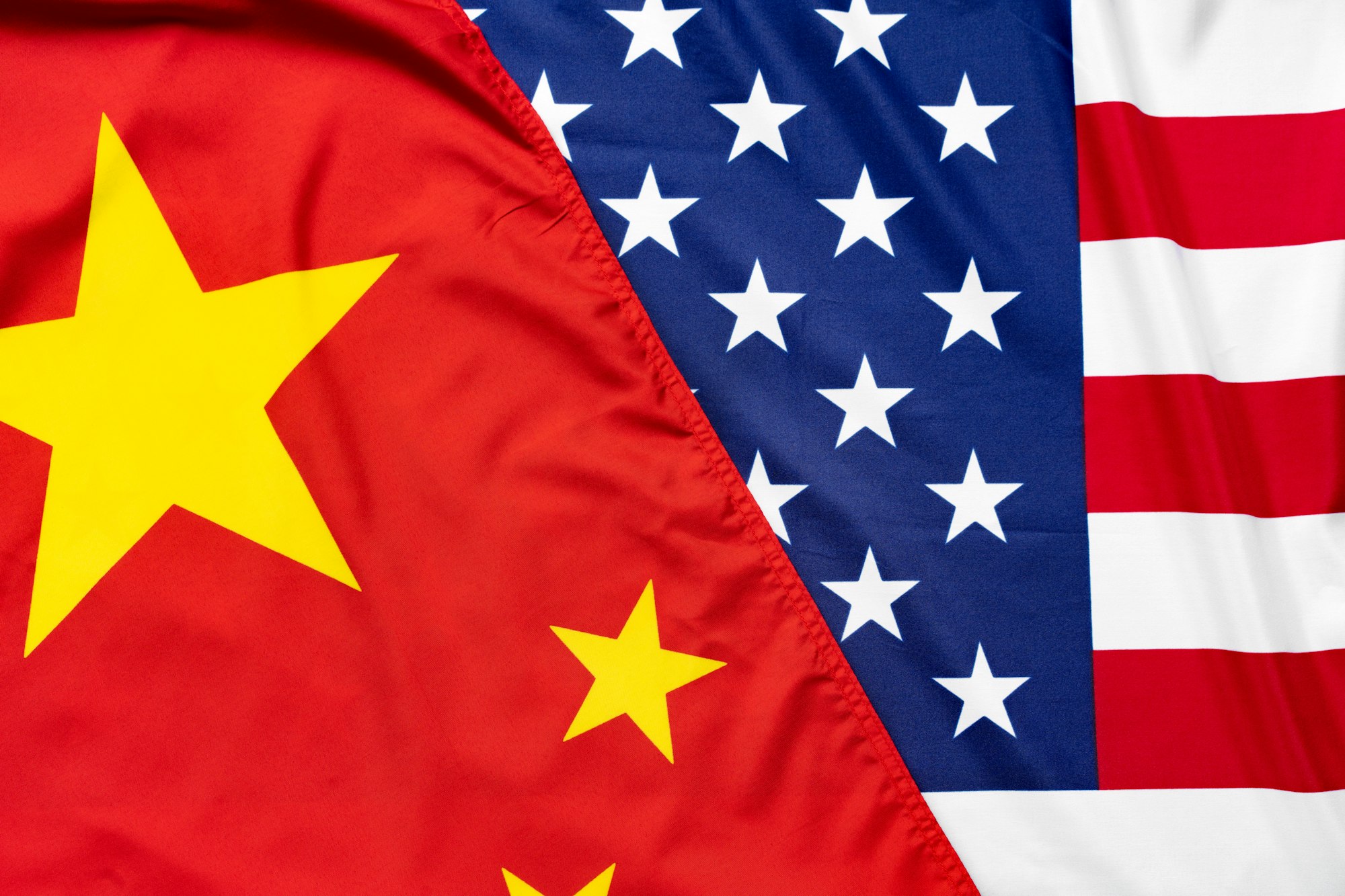U.S.-China AI Discussions
This month, American and Chinese officials will meet in Geneva to start what might be the first discussions about controlling artificial intelligence (AI) in arms. These talks have been planned for over a year and will focus on creating rules for using AI, especially in sensitive areas like managing nuclear weapons.

Change in Diplomatic Approaches
Beijing’s decision to join these discussions marks a big change from its earlier refusal to talk about nuclear weapons controls. For the Biden administration in the U.S., this is a new and important diplomatic step. Secretary of State Antony J. Blinken recently spoke about this at a cyber experts’ conference in San Francisco, pointing out that the focus isn’t just on preventing cyber conflicts but also on controlling key technologies like undersea cables, which are essential for connecting the world.
Adapting to New Challenges
Governments have had to come up with strong strategies in response to increasing cyber threats and vulnerabilities in global infrastructure. Previous efforts mainly dealt with deterring cyber attacks and building resilience, but now, with AI becoming a major factor in international relations, there’s a need to rethink these diplomatic strategies. The strategies in place now were created before these current technology and cyber attack issues became as prominent as they are today.
The Importance of Digital Cooperation
The new diplomatic focus includes promoting “digital solidarity,” a concept supported by experts like Nathaniel C. Fick and Adam Segal. This idea emphasizes the need to build alliances with countries that share similar views, to create common rules for technology and information sharing. With countries like Russia and China teaming up, it’s more important than ever for other nations to work together in this area.
Asserting Control Over Technology
A key part of the U.S. strategy under President Biden is to maintain control over technology infrastructure, such as undersea cables. Although Huawei, a Chinese company, has been trying to expand its influence in this field, American, Japanese, and European companies are still the main players. Secretary Blinken has been encouraging countries to avoid depending too much on Chinese technology, reflecting a shift towards a more assertive approach in controlling the global tech landscape.
Join us as we explore how diplomatic strategies are evolving with the rise of artificial intelligence, and how the U.S. and China are starting important discussions on this front. Learn about the concepts of digital solidarity and technological sovereignty that are shaping international politics.

Frequently Asked Questions (FAQ)
- What are the U.S.-China AI discussions about?
The discussions between the U.S. and China focus on setting up rules for using artificial intelligence (AI) in sensitive areas like nuclear weapons management. These talks, the first of their kind, aim to agree on how AI can be deployed safely and ethically in military and other critical infrastructures. - Why is Beijing agreeing to these talks now?
Beijing’s participation marks a significant shift from its previous position of not engaging in nuclear arms control dialogues. This change could be due to the growing importance of AI in global security and the pressures of staying competitive and cooperative in international technology standards and regulations. - What is meant by ‘digital solidarity’ and why is it important?
Digital solidarity refers to the idea of countries working together to develop unified standards and rules for technology and data. This cooperation is crucial in the face of alliances among rival countries like Russia and China. By forming groups with shared goals, countries can better protect their interests and ensure that global technology governance is fair and balanced.
Sources The New York Times


